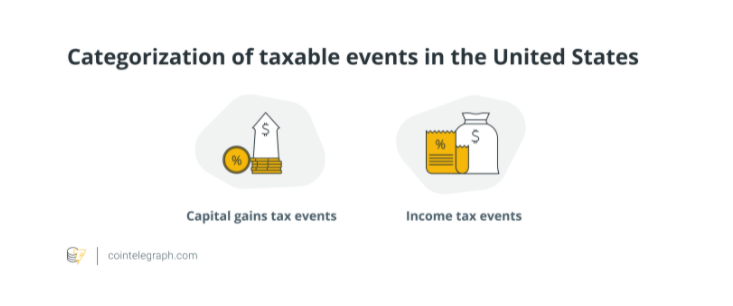While many refer to crypto as the “Wild West,” some believe that this may only continue for a little longer.
Thomas Shea, crypto tax leader at EY Financial Services, told Cointelegraph that taxation for crypto is an evolving area and new regulations may be implemented soon. “There is new legislation that will require reporting for at least some crypto transactions and when those rules go into effect there will be significant changes,” says Shea.
The EY executive notes that with the increased popularity of crypto, lawmakers are continuously exploring how to generate revenue by taxing and regulating digital assets.
“We’re seeing certain jurisdictions develop regimes, rates, and reporting unique to digital assets. In the U.S., we’re seeing digital assets being subject to rules and reporting typically limited to securities (and not property).”
While not many may appreciate the taxation of their crypto assets, understanding the changing tax impacts associated with crypto is crucial according to Shea. The tax expert notes that market participants need to be aware of the “scope of their transactions that potentially trigger a taxable event and the associated reporting requirements.”
According to Shea, buying or selling crypto influences whether it’s taxable or not. Purchasing crypto with fiat and any unrealized appreciation are not taxable events. However, the tax executive notes that selling your crypto is a taxable event. He explains that “the gain or loss is generally capital in nature” and this could be taxed.
Even if a holder exchanges their crypto for other assets like Bitcoin (BTC) or Ethereum (ETH), the EY executive notes that this gives users a “taxable event and are required to report gain or loss on the disposed crypto.”
The same applies to nonfungible tokens (NFTs). “If you purchased an NFT with fiat, no taxable event,” says Shea. However, purchasing NFTs with crypto is treated very similarly to a crypto-for-crypto exchange. “The gross proceeds less your tax basis in the asset, generally including any associated fees/costs,” says the crypto tax expert.

The EY executive also urges people to seek the counsel of proper advisors once they are aware of their tax obligations.
“In an industry in which technology serves as the architectural framework, having an advisor that has an accompanying technology solution and understands your goals, will enable you to make the best decisions possible to minimize your tax burden.”
Related: How are cryptocurrency taxes reported?
Meanwhile, in Thailand, crypto traders are reportedly exempt from the 7% VAT on authorized exchanges. Traders within the country will also be able to offset losses against gains annually.
Back in February, the Indian government proposed a 30% income tax on crypto revenue. However, many opposed the proposal as a 30% crypto tax is almost double compared to corporate tax rates hovering at 16%.


